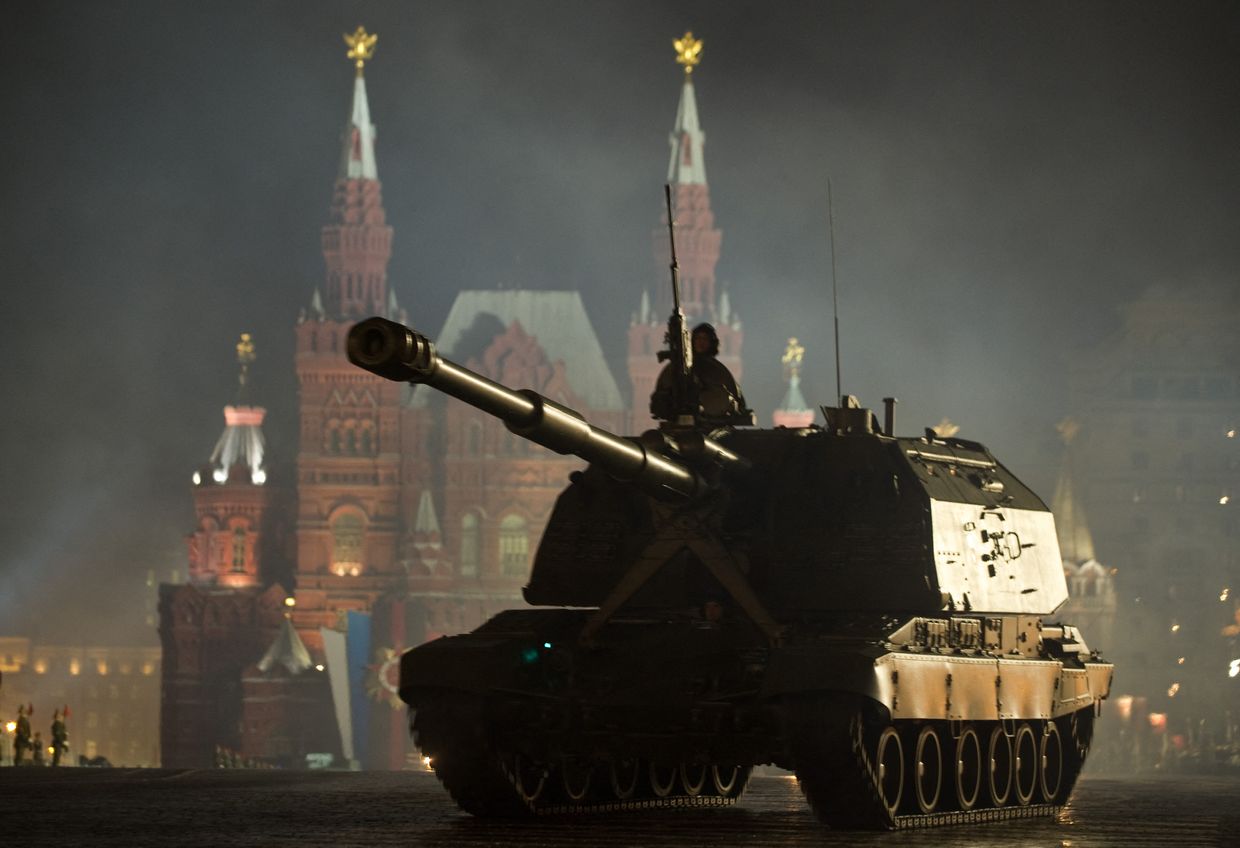NATO military chief: No imminent threat of Russian attack on NATO, urges alliance to 'become more prepared'

Lieutenant Admiral Rob Bauer, chair of the NATO Military Committee, told reporters on March 29 that there are currently no signs that Russia is planning an attack on a NATO member, warning instead that the alliance must be prepared for future escalation.
"There is no indication that Russia is planning to attack one of the NATO countries. I don't think there is a direct threat," Bauer told reporters in Riga, Latvian outlet LETA reports.
Despite there being no immediate threat to NATO, Bauer warned that "Russia's ambitions extend beyond Ukraine. We know that, so the alliance as a whole needs to become more prepared."
Bauer's warnings come as a number of Western leaders have warned that Russia's expansionist threats may lead to a Russian attack on NATO in the coming years.
Polish President Andrzej Duda said on March 19 that Russia may attack NATO as early as 2026 or 2027. That assessment falls in line with comments made Danish Defense Minister Troels Lund Poulsen, who estimated on Feb. 9 that Russia may attack NATO within three to five years.
Despite fears of further escalation in Europe, NATO members have issued concerns about equipment and manpower shortages its preparation for the potential of all-out war.
U.K. officials admitted on March 26 that the NATO member "couldn't fight (Russia) for more than a couple of months because we don't have the ammunition and reserves of equipment to do it."
The U.S. based think-tank Institute for the Study of War assessed on March 20 that economic and military indicators suggest that Russia may be preparing for a large-scale conventional war with NATO, "likely on a shorter timeline than what some Western analysts have initially posited."
When asked about the possibility of hypothetical Russian-installed proxy attack on a NATO member, Bauer said that the principal of resilience under Article 3 of NATO's founding treaty applied, in that each country must be able to defend oneself.
"If something like this happens, it is the responsibility of the respective country to take care of security," Bauer said, adding that NATO members would have to react to proxy operations.
Despite this, Bauer noted that NATO member could invoke Article 4 that states that "members can bring any issue of concern, especially related to the security of a member country, to the table for discussion."
"We will talk about this and agree on how we, as an alliance, will continue to act. I would like to note that cyber activity on the part of another state is a sufficient reason for triggering Article 5. Article 5 can be invoked not only in the event of a direct attack,” Bauer added.












